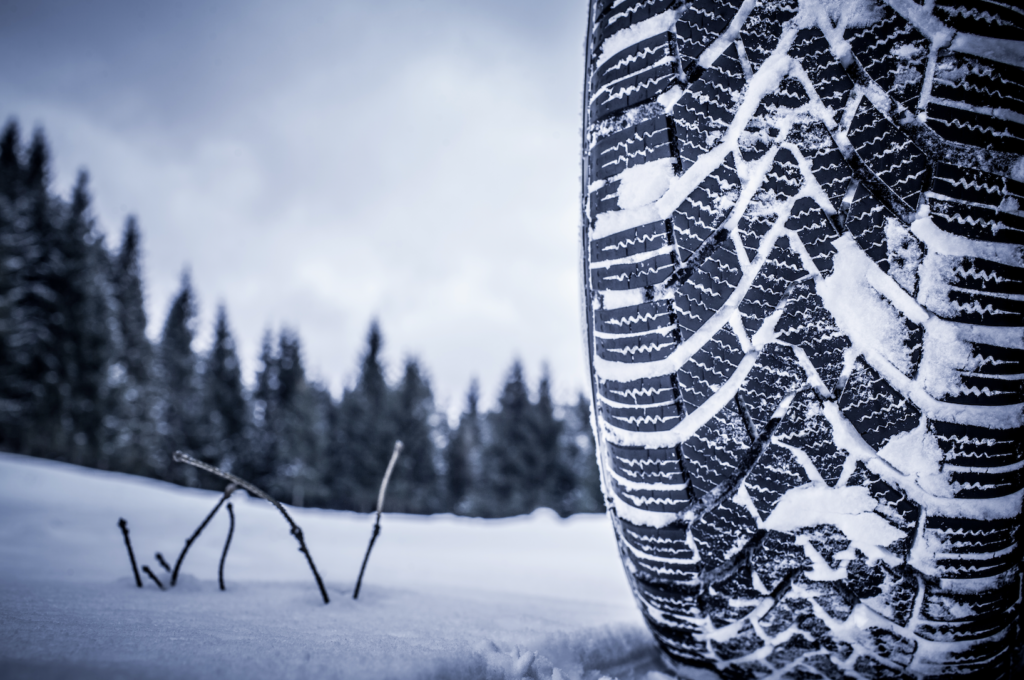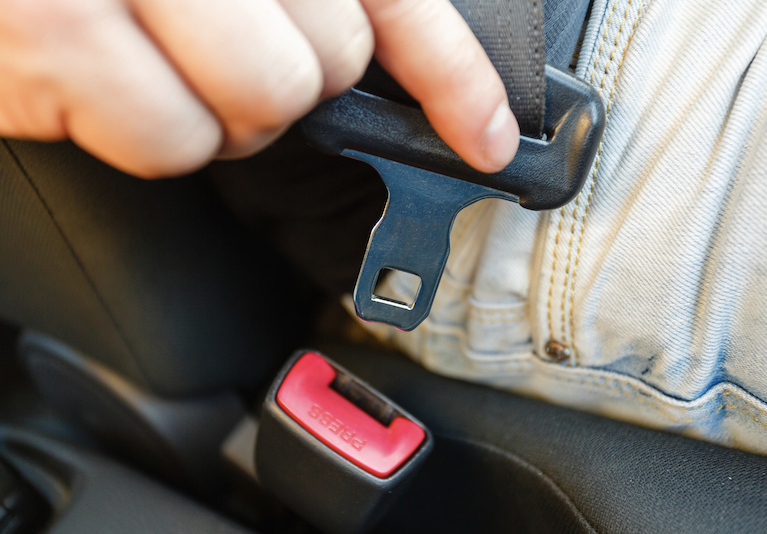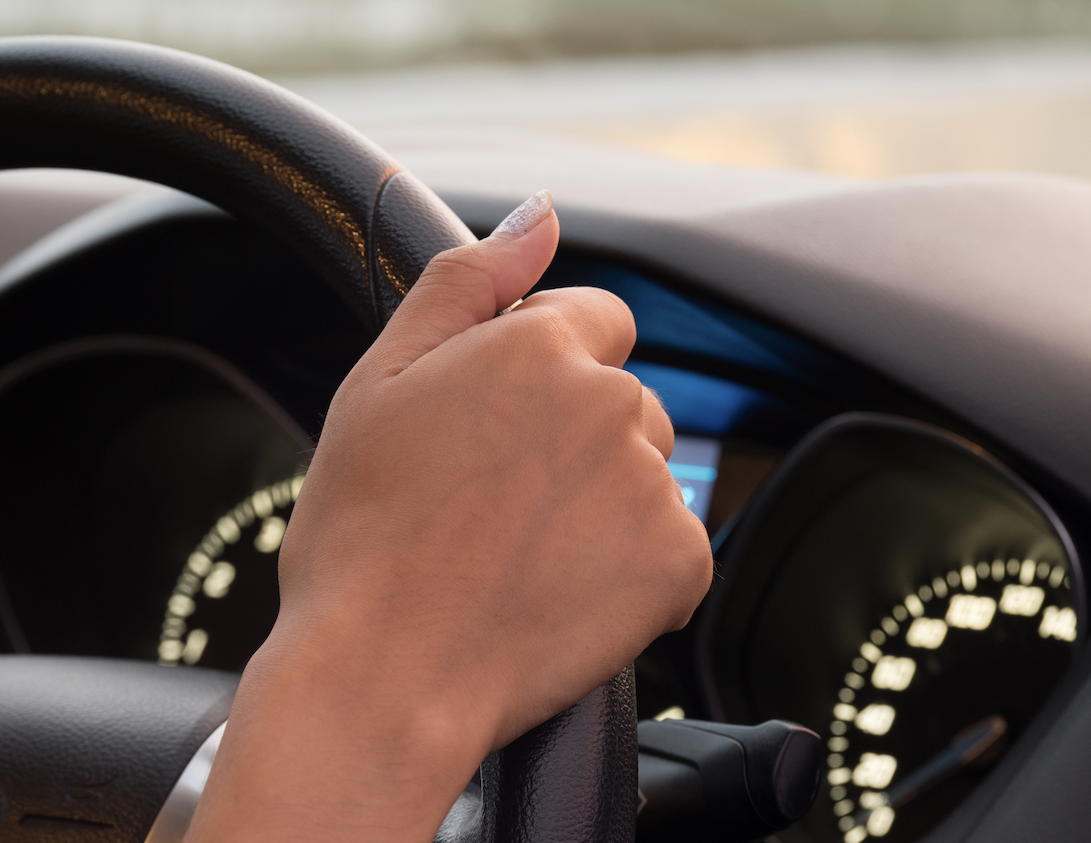Many of us will get into a car or van and drive away with little thought, but some things should always be checked before considering your trip. Regular checks on your vehicle before driving will help towards a safe journey and reduce the chances of any breakdowns or collisions. It is also essential to make sure you are fit and well before attempting to drive, as not feeling well behind the wheel will make driving more dangerous.
Vehicle checks
Lights
It is vital that you check all light bulbs are working and lenses are clear, as misted or broken brake, reverse, or indicator lights can confuse other drivers. The same checks should be made on the front headlights, and any daytime running lights fitted should be in working order. Always check your hazard lights as well; these could be vital. If you do not have another person to check your lights with you, then try to find an area where your lights can be reflected. This way, you can see any blown bulbs. It is also wise to have a bulb set in the car to change any blown bulbs yourself rather than make a trip to the garage. Most service stations and auto car shops will have these in stock.
Windows
Whatever the weather, it is important to ensure that your windows are in clear, clean condition, inside and out, before starting out on a journey. Various weather conditions can make for poor vision. It is not just wintery and icy weather that you need to worry about. Driving without clear windows can result in penalty points and fines, so it is essential that you carry a full screen-wash bottle, and ice scrapers when necessary. As well as clearing your screen, in snowy weather, it is wise to remove any snow on the roof of your car as a sudden stop can bring it onto the windscreen or fall onto a vehicle behind.
Tyres
Having good quality tyres is important, and it is worth knowing that the legal limit for tyre depth is 1.6mm. Most garages will advise a change once the tyre is below 3mm, and the car will fail an MOT if the tyres are below 1.6mm or have any cuts, bulges or chords showing on the tyre’s side walls. It is wise to check tyres regularly, especially if you drive in an area with lots of potholes or road works, as it is very easy to damage the sides of tyres in these conditions. It is also worth checking tyres for embedded nails or screws that could be picked up. If the tyre is still inflated, it can be repaired at a lower cost than a total replacement. If you live in a particularly remote area that suffers from adverse winter weather, investing in snow tyres or snow socks may be a good idea.

Brakes
You should have your brakes checked at regular intervals, not just the brake pads, but the discs as well, as often they can be rusty and pitted, which can increase your braking distances. On average, it is two changes of brake pads when the discs may need a change or a skim. A brake fluid change is recommended every three years. This is to make sure that braking hydraulics are working to maximum efficiency.
Fuel/Charging Stations
Check your fuel/charge levels before you set out on your trip, and make sure you know where the filling/charging stations are in regard to your journey.
Bodywork
Always check around your car before driving away. You may have been unknowingly bumped by another vehicle while parked, which could result in a panel or bumper causing issues if not properly secured. If you are aware of body damage, then it is wise to get it fixed as soon as possible, as the police can often pull over damaged cars, and this could land you with a fine.
Seatbelts and airbags
It is always good to tug at your seat belt once you have fastened it to ensure it will stop you from shooting forward in an emergency. If you have any lights on the dashboard referring to airbags, such as an SRS light often, these can be reset, but in more costly cases, you may need the airbag spring or similar replaced. Be aware that if you have an airbag light on it may not deploy in the case of a collision. It is imperative to check the ISOFIX fixings are secure when using a child car seat, do not assume that they will not need regular checking once initially installed. You must always make sure that all passengers are strapped in as well before moving away.

Seating position
If you share a car, the seating position will likely change with every driver. Moving the seating position to suit you would be best so you can easily reach all pedals and hold the steering wheel comfortably. Driving in a poor seating position can make a big difference to your safety for yourself and other road users. If you adjust a seat, be sure to also adjust the mirrors.
Mirrors
Much like the seat position, the wing mirror and rear-view mirror positions will change slightly with each driver when sharing a car. It is essential to check these before driving away, as trying to reposition them while on the move is very dangerous.
Dashboard warning lights
When you start your car, you must pay attention to any warning lights on the dashboard. These could be anything from tyre inflation, airbag lights, engine management, brake ABS, or ESP lights.
The lights are there for safety reasons. If you are caught up in an accident and aware of these issues, any insurance claims may be void.
Heating and Air Con
No one wants to drive on a cold day without any heat, so it is important to get any heating issues looked at as soon as possible. It could be a mechanical problem with the thermostat or the fans.
Most of us do not use the heating element through the summer, so a broken heating system can shock us on the first cold day of the winter. If your air con is not working well, it is a good idea to get it checked as it will always help clear foggy and condensated windows quickly and of course, keep you cool when needed.
Mobile Phones and Sat Navs
Although it is a good idea to have a mobile phone with you while driving, it is vital that it is not a disturbance to you. If you do not have the phone connected to speakers, you must pull over to answer a call, and the engine must be switched off. With Sat Navs, you must set your journey before driving, and if you do have to adjust your trip, then you must pull over and do this, do not attempt to do this while driving.
Check yourself
Always ask yourself if a journey is vital, especially in poor weather, windy, stormy, ice, or snow. If it is, you must ensure you are appropriately dressed for the weather in case of a breakdown and have to move out of the car. Flip-flops or backless sandals should never be worn when driving! Make sure you are not tired or have any headaches or migraines. You must use the right glasses for driving if you have been prescribed them. It is a good idea to let others know of your journey route and expected arrival time in case of an emergency.
Car Kit
Having a simple car kit to keep in the car for every eventuality is a good idea.
Torch, Blanket, Warning triangle, Water, Snacks, Change for parking, Mobile phone, Breakdown/recovery number, Map or Sat Nav
Once you get into a good pre-drive check habit, then you will really lessen the chances of serious issues arising. By checking regularly, you will get to know your vehicle well and make appointments for service or repair, when needed, in advance, rather than being caught out.

